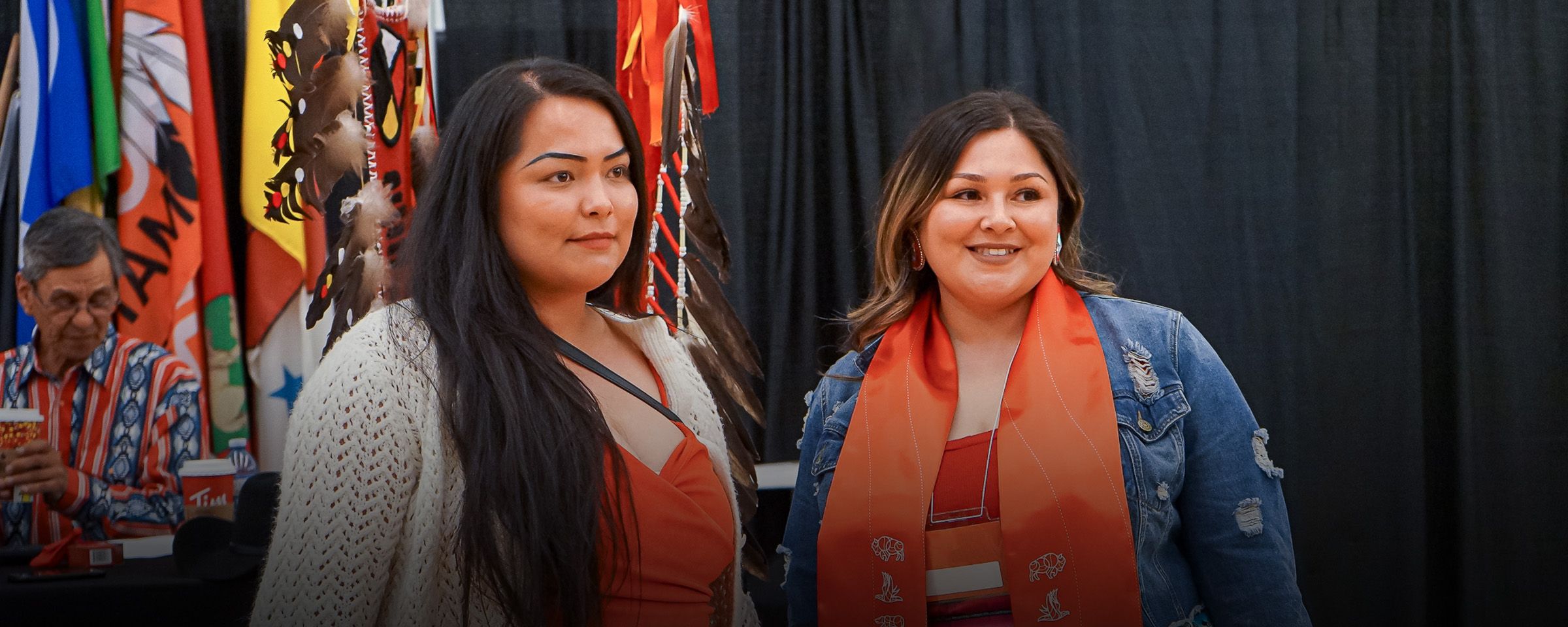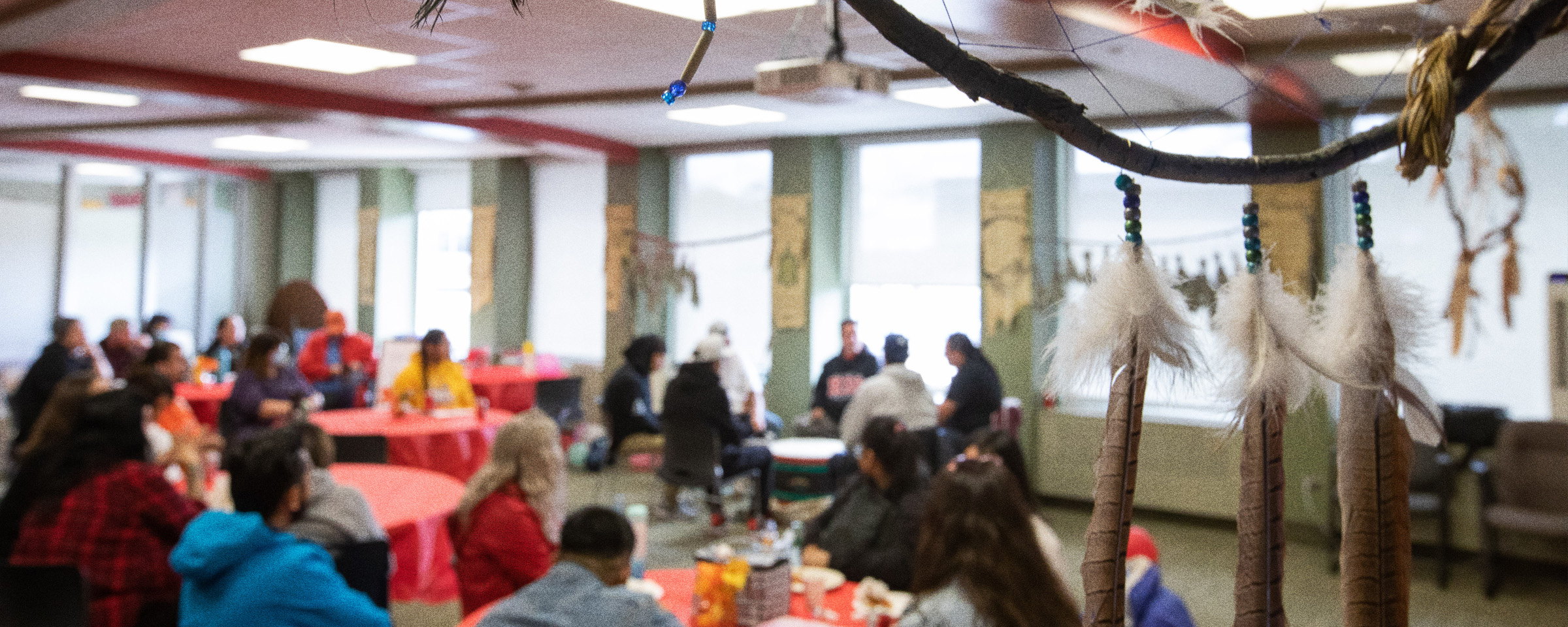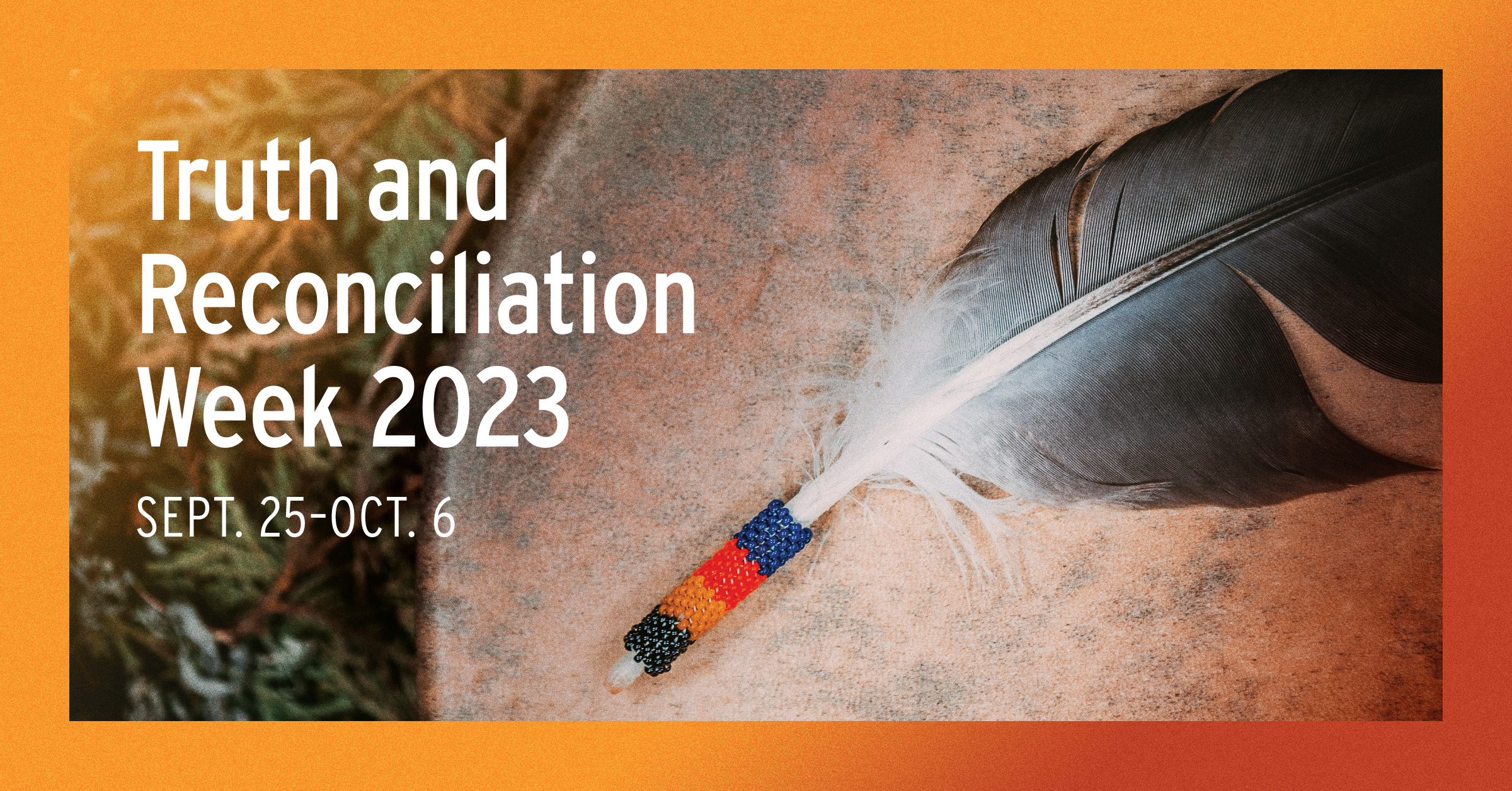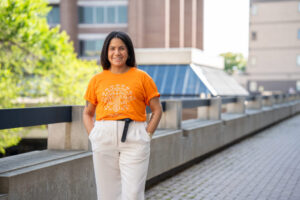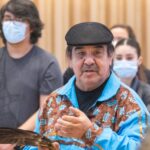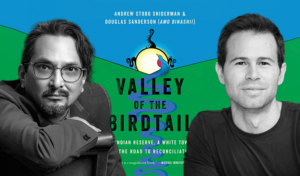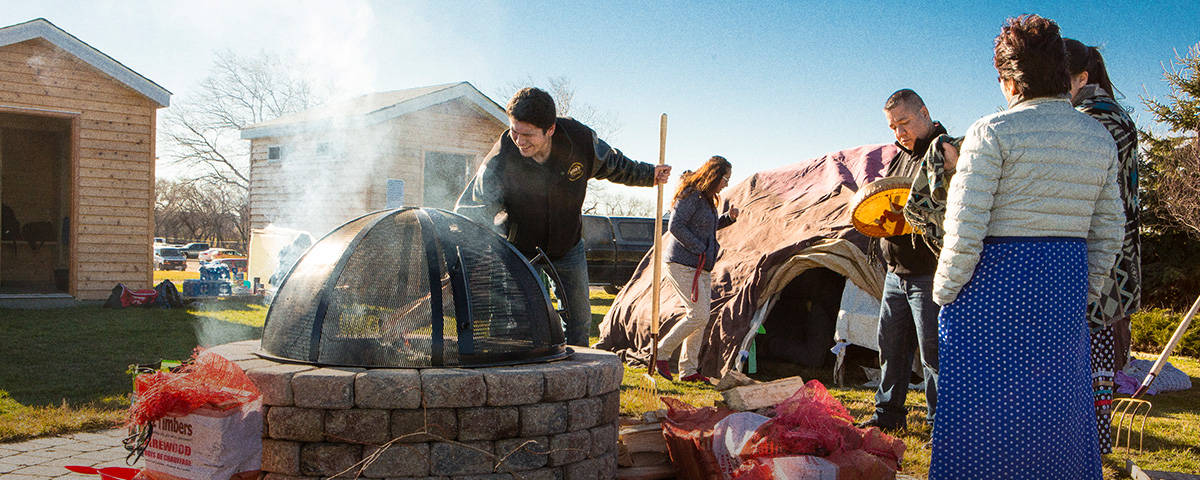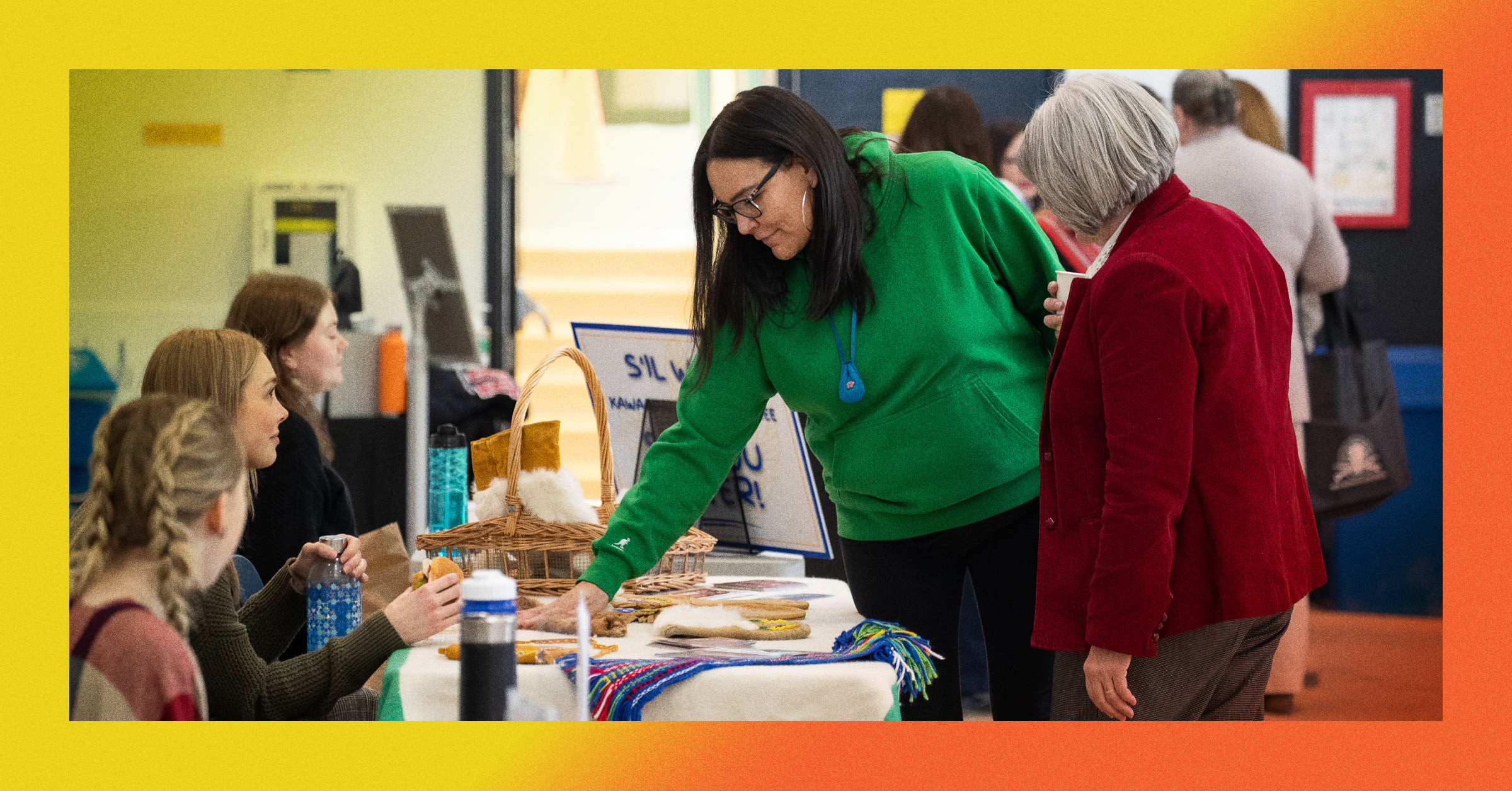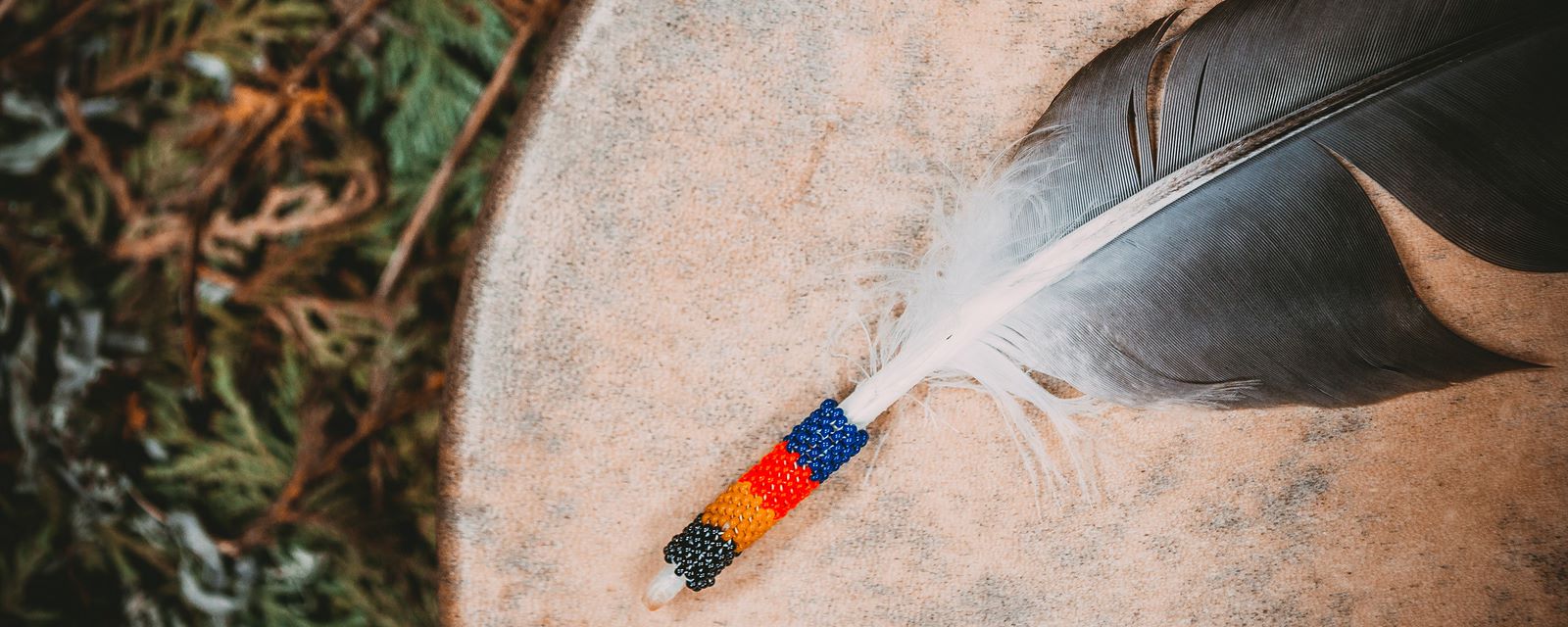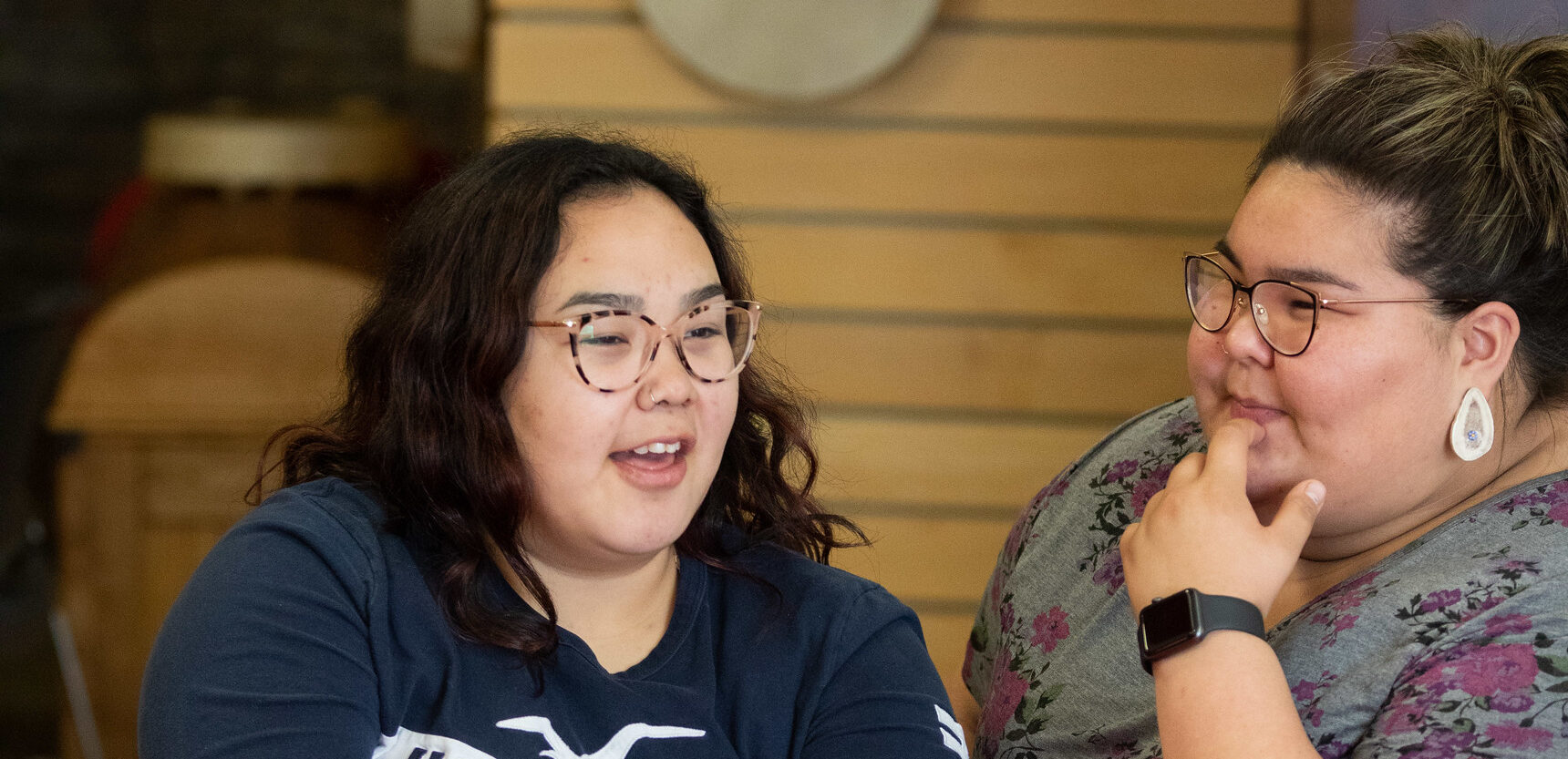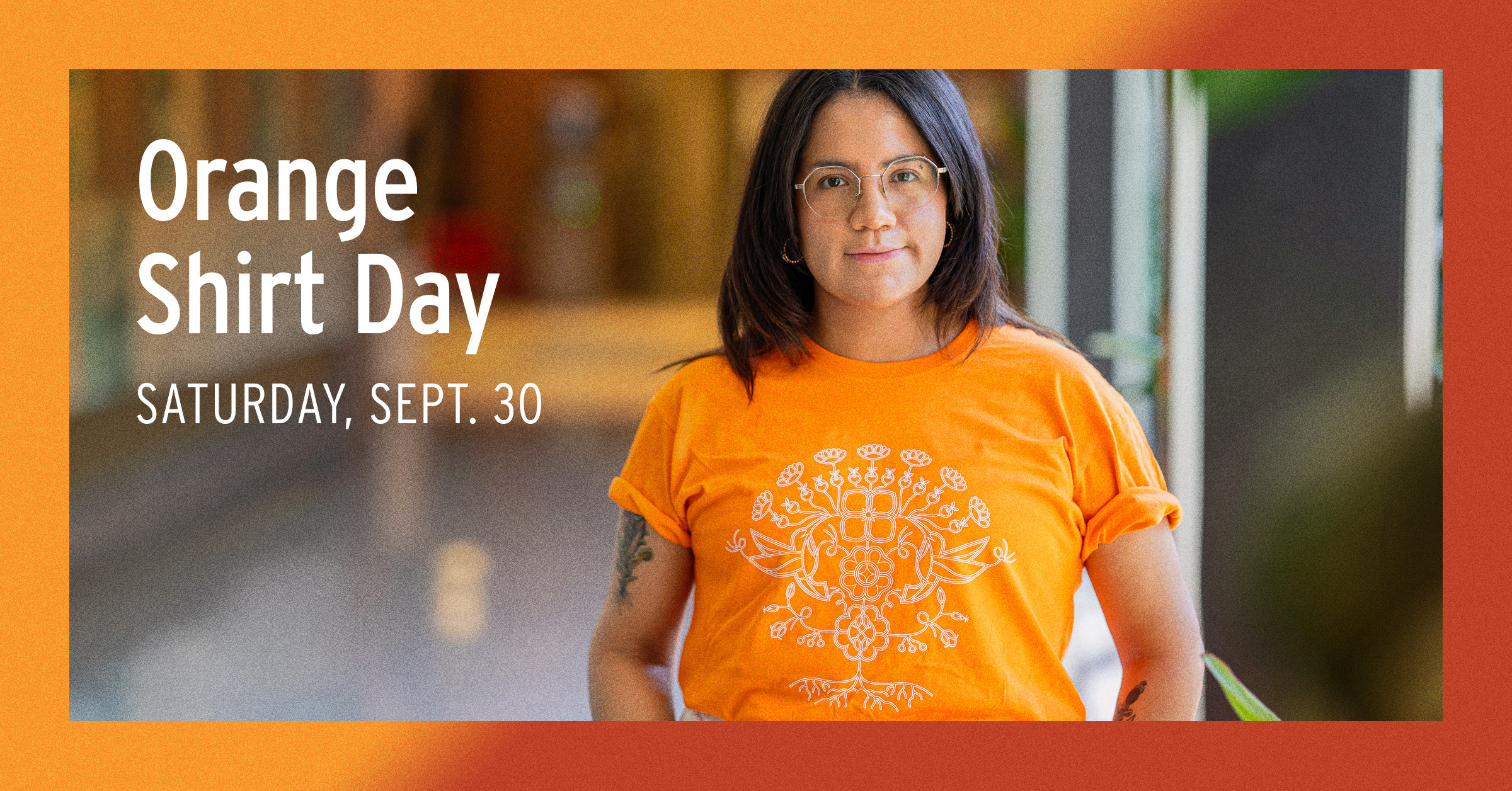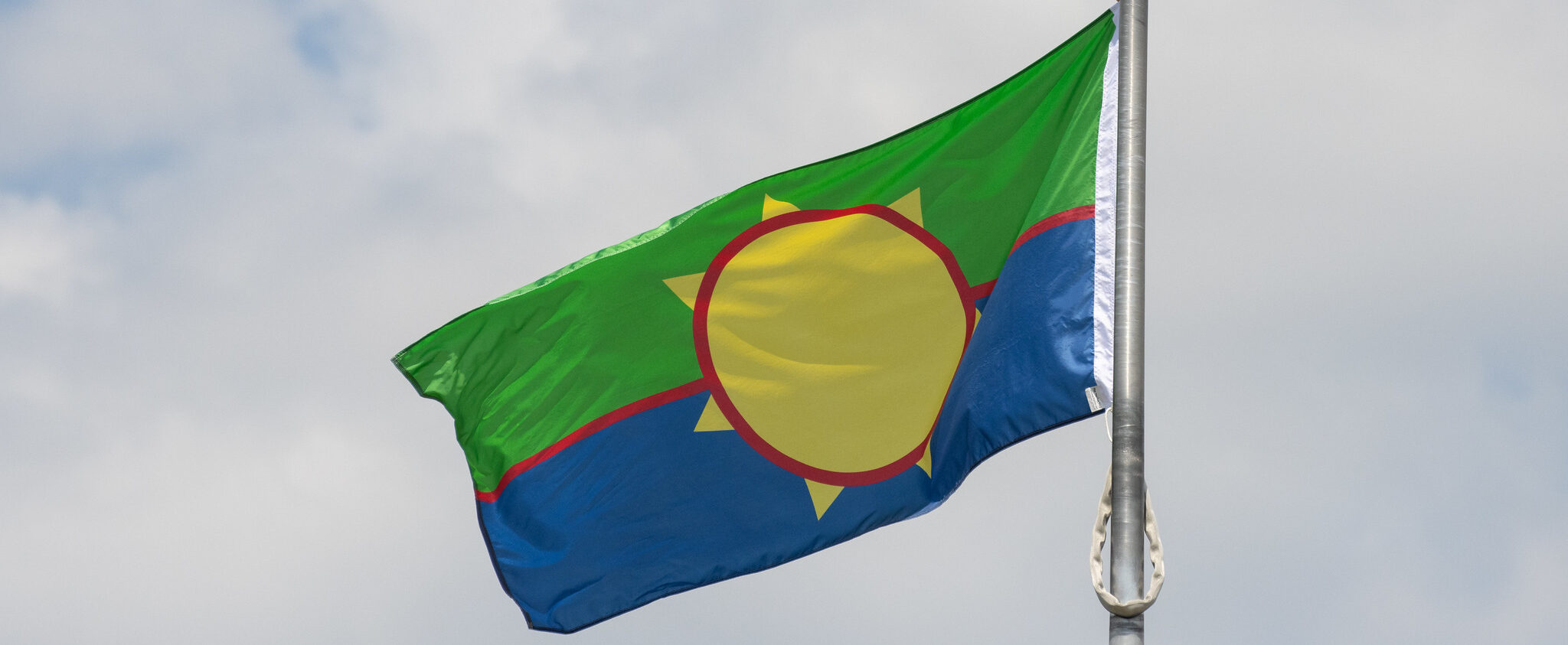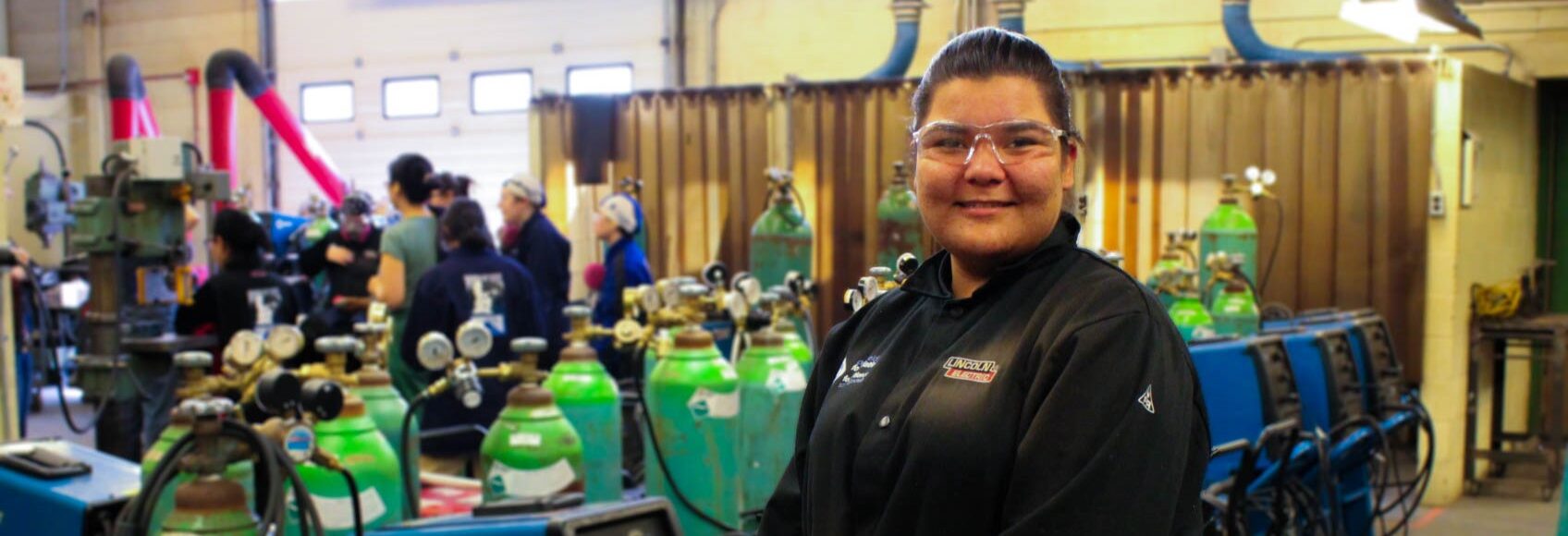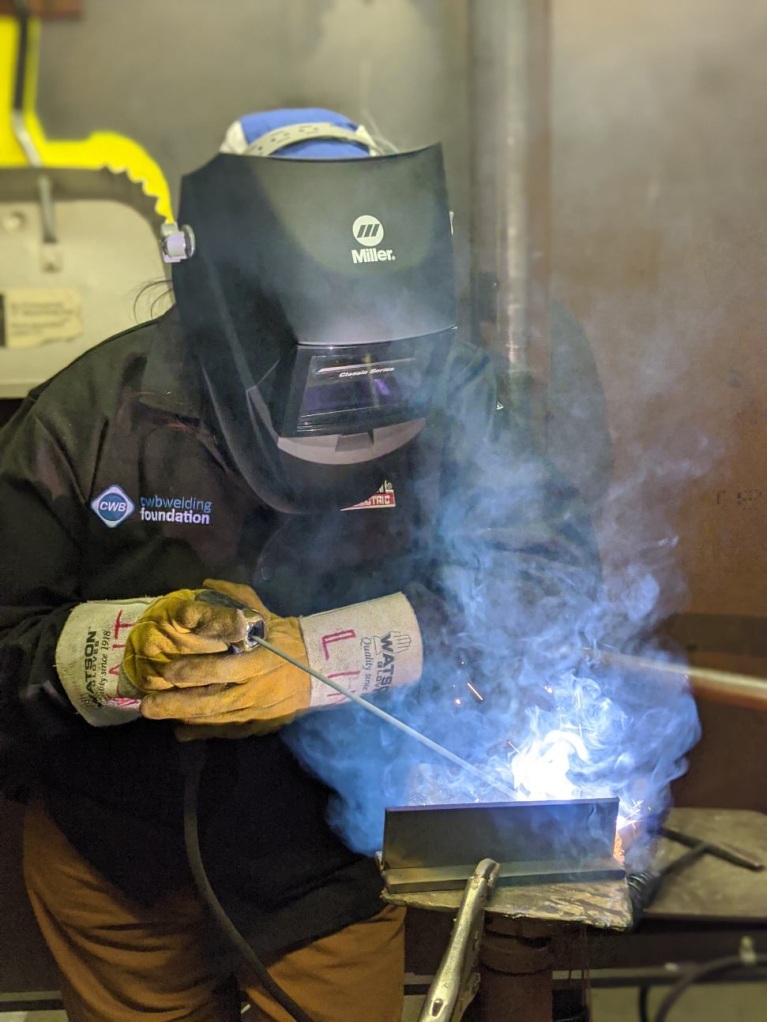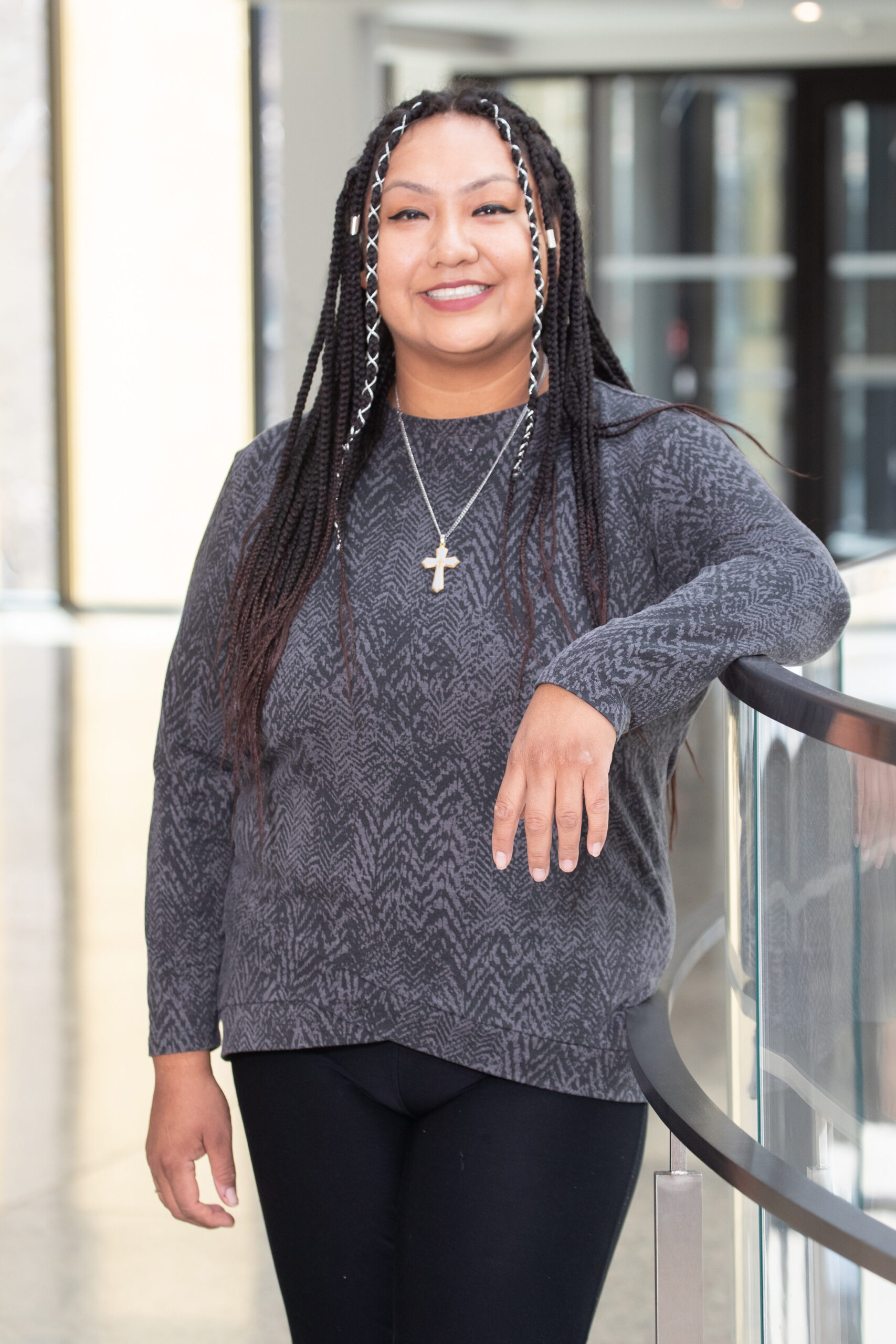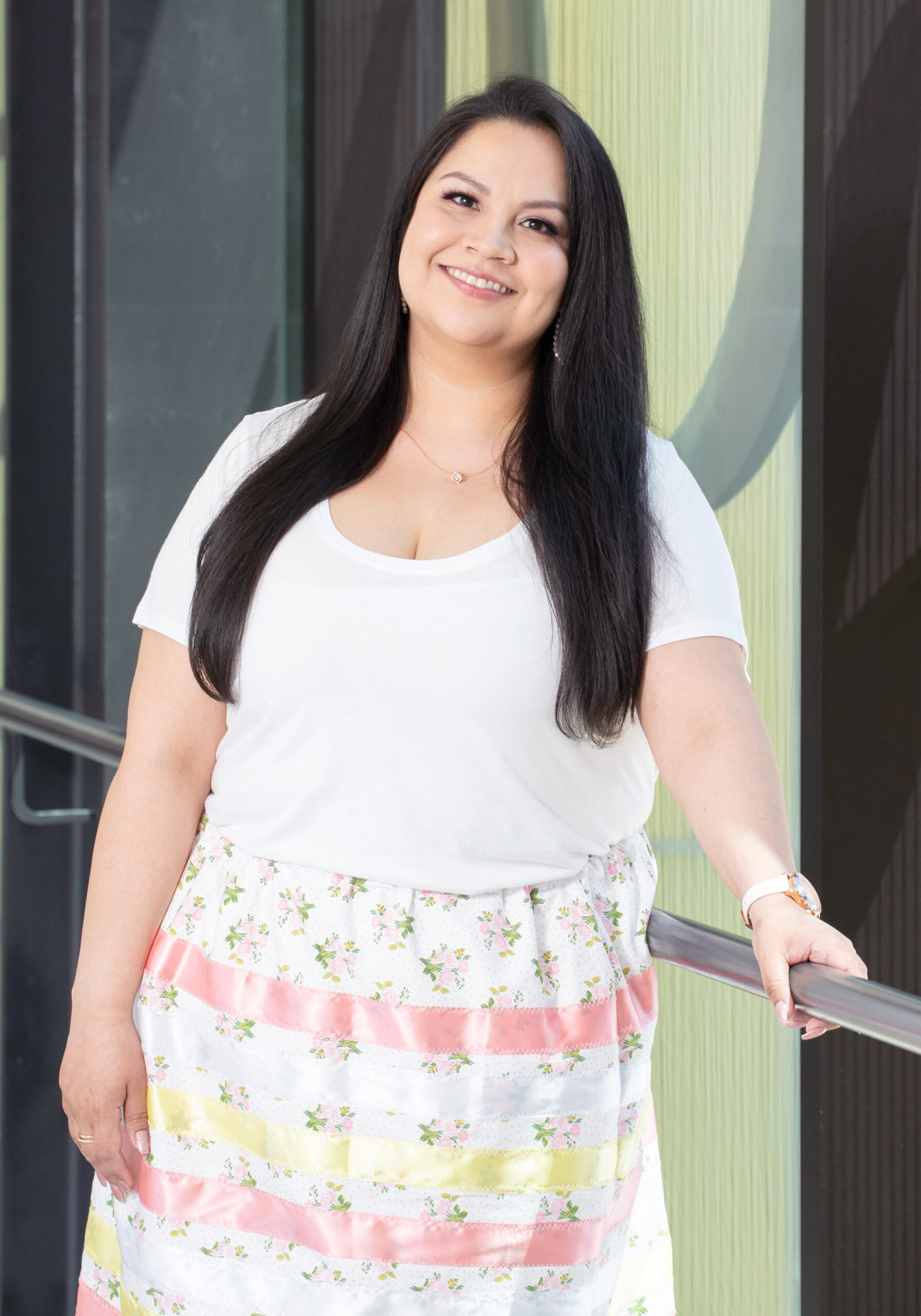Welcome Back Celebration – Oct. 11
Join the Indigenous Student Support Team for a fun-filled day of activities, entertainment, and food!
Take the opportunity to meet fellow students, introduce yourself to support personnel, and enter to win prizes!
The Indigenous Support Centres at NDC in F209 and at EDC in P407 will be open for the celebration with baked goods, coffee, pizza, and pop all throughout the day. Please come and go as your schedule allows.
- Wednesday, Oct. 11 • 10am – 2pm
- F209, Notre Dame Campus
- Wednesday, Oct. 11 • 10am – 2pm
- P407, Exchange District Campus
The event is free of charge and open to all RRC Polytech students.
